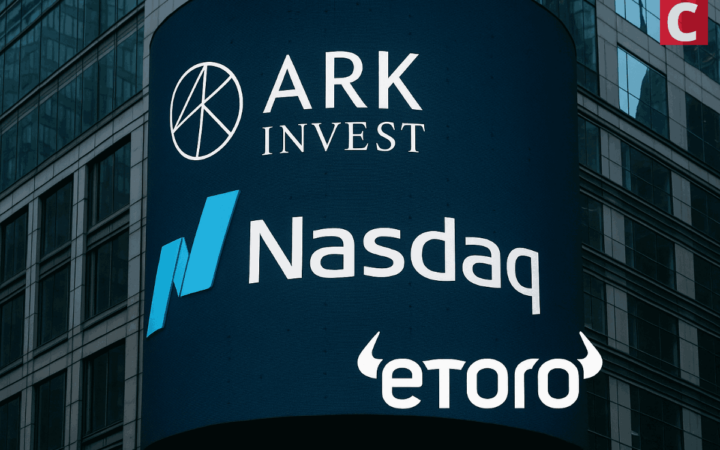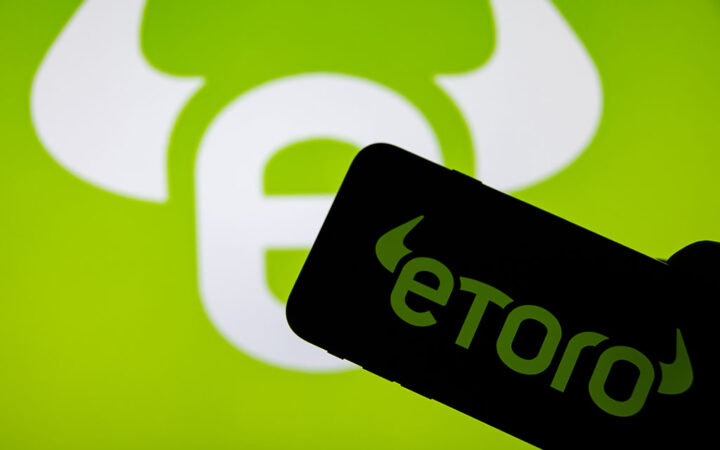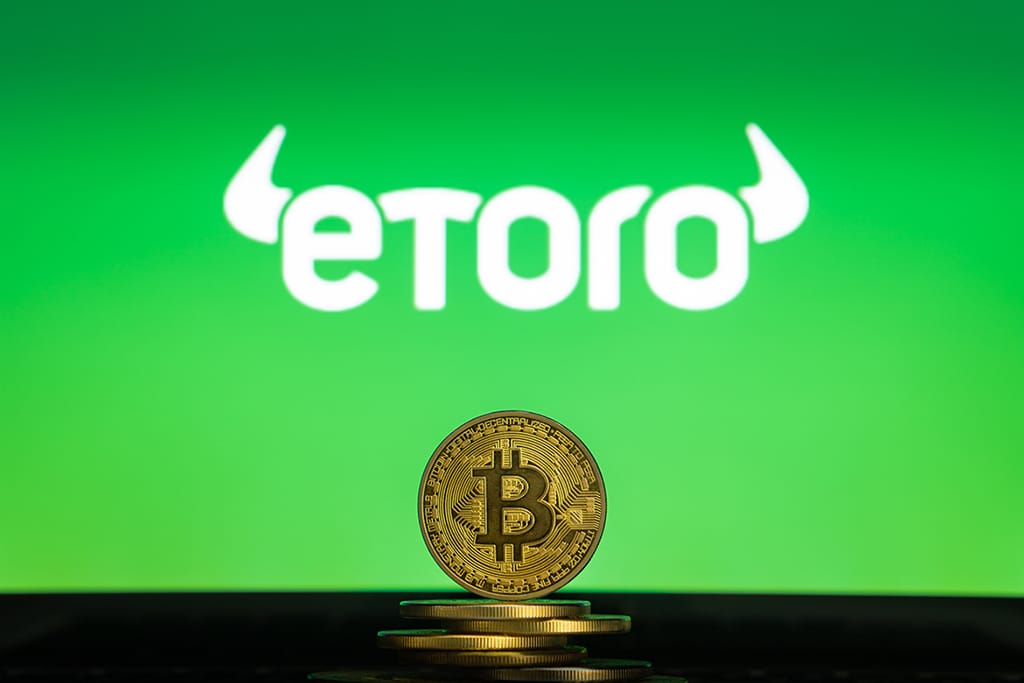
Please check out latest news, expert comments and industry insights from Coinspeaker's contributors.
If you speak to anyone over 50 about mining crypto, it’s likely they will ask you where your pick, hard hat and shovel are. Many of us under 30 will almost certainly have considered it.

Mining is a way of earning cryptocurrencies in your sleep. Or more accurately, a way your computer can earn them while you sleep.
Using your computer’s internal systems to process the complex calculations to load transactions on to the ledger or block earns you coins. The more you calculate, the more coins you earn. This explains why there are huge “farms” in China and plenty of other places running 24/7 to process these transactions.
It can be lucrative, and it is a lot more certain than trying to second guess how a currency will move.
However, just as there is no such thing as a free lunch in real life, the same is true in the digital world. The taxman is very interested in your mining activities. Her Majesty’s Revenue & Customs (HMRC) have set out guidance as to how it classes these activities and, yes, you’ve guessed it, there might be tax to pay.
Just like regular mining – for coal, tin, diamonds – at the end of the process, you end up with something of value. This means you earned it (even if it was just pushing a button on a keyboard) and all earnings can be considered taxable. Income Tax, which you pay on your regular wage, might be liable on your mining activities.
HMRC says it is willing to offset “any appropriate expenses” against this Income Tax, but so far it is not clear what “appropriate” means. Consider that mining does not just require a relatively high-powered computer, but a decent chunk of your power supply, too – this might be taken into account, or it might not.
The “miner” is also likely to be liable to pay Capital Gains Tax, should they dispose of the cryptos for a higher value (vs sterling) than they earned them. Double whammy.
But there is a potential get-out clause. HMRC has not publicly announced how much mining makes you an actual miner. It said in December that it would depend on a range of factors, including the degree of activity, organisation, risk and commerciality.
This might mean it is only looking at the massive farms, rather than the smaller setups – but for the moment, we don’t really know.
So, keep an eye on the regulations and announcements from HMRC. No one wants to dig themselves into a hole with the taxman.
Check out eToro’s crypto tax calculator to see if you owe tax on crypto.

Please check out latest news, expert comments and industry insights from Coinspeaker's contributors.




